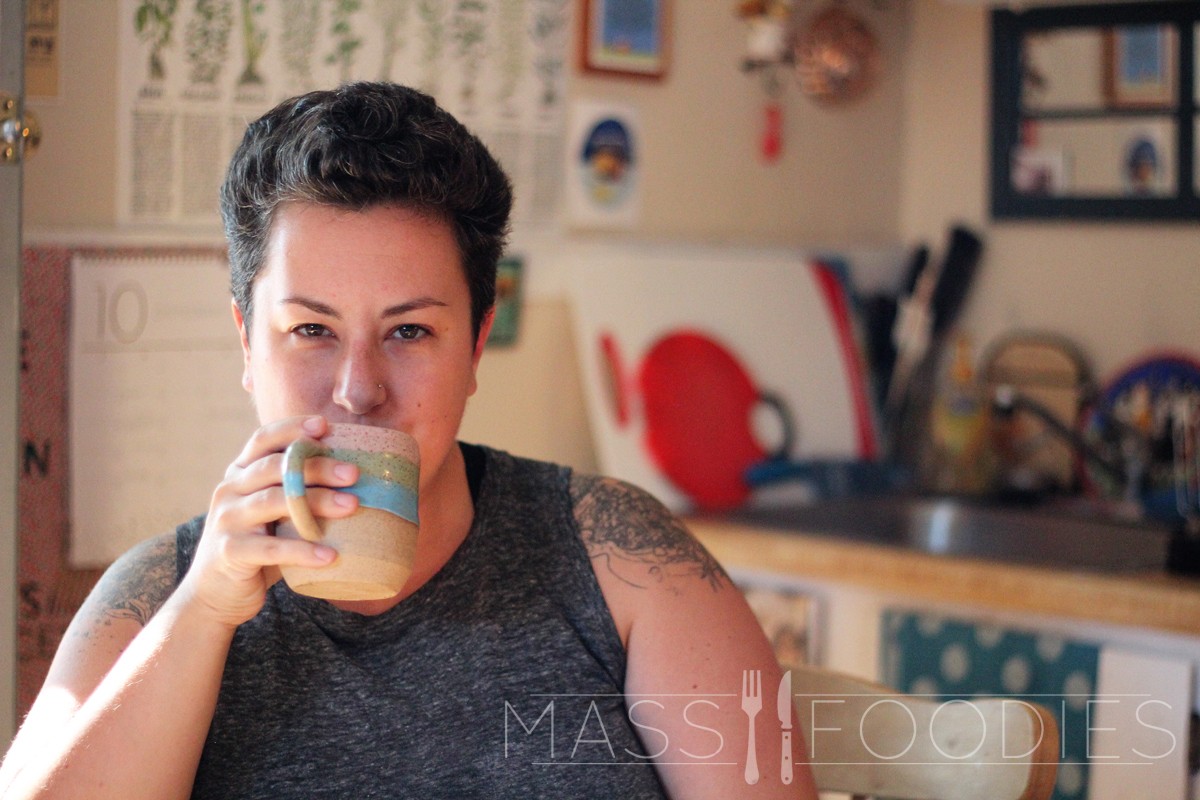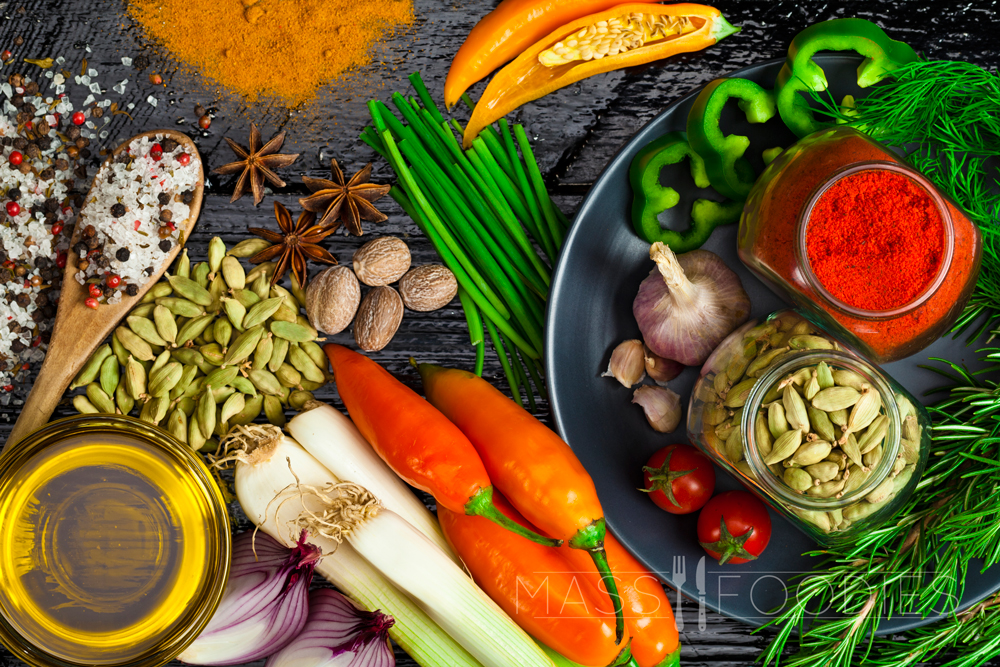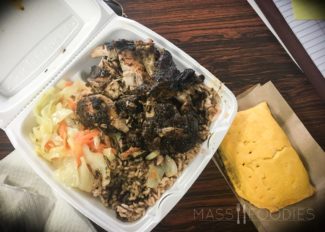
While you can spend your whole life trying to eat your way through New York City, it would take you just as long to navigate the food scene of Brooklyn as old-world New York collides with haute hipster taste. The food culture of New York has always been one to admire, and in the epicenter of its soul are the diverse dishes of Brooklyn. The stereotypical views of pizzerias and one-of-a-kind bagel shops are fleeting, but that doesn’t stop the Brooklynites from puffing out their chest when claiming the best Sicilian in all of New York. I mean, who cares about those other boroughs when you’re from Brooklyn, right?
Heather Mangione, a community relationship manager for United Way of Central Massachusetts by day and founder of Airspray – an LGBTQ community organization that brings people together through dance parties and social events – by night, is a Brooklynite trying to live out her foodie dreams in Worcester. While Brooklyn and Worcester can be a tale of two cities when we get down to the nitty-gritty of food culture, it seems that there may be a small – teeny tiny – resemblance in some corners of Worcester to Brooklyn itself. Places like deadhorse hill, Armsby Abbey, and Birchtree Bread Company – some of Mangione’s favorites – hold their ground with that haute hipster experience we all seem to drool over.
“I’m from Brooklyn, New York,” said Mangione. “And I’m a hundred percent Italian – specifically Southern Italian as my family is from Sicily and Naples – and the food is a huge part of my nationality and my background. Food is the main focus around any and all family gatherings.”
Growing up with a Southern Italian family means eating some of the most diverse Italian-styled foods to date. Southern Italy is a melting pot of food influencers inspired by the Greek colony of Siracusa back in 734 B.C. with their introduction of sweet wine, figs, pomegranates, and walnuts, and the Arabic penchant for stuffed foods and the use of pistachio nuts. “On my Sicilian side, foods are heavily derived from African, Greek and Mediterranean backgrounds and on my Neapolitan side, seafood is big influencer – and I love seafood,” said Mangione. “I truly wish I had more time in my life to cook. I love being able to find the time to spend most of the day cooking – whether that’s preparing dinner or prepping for the week. I think cooking is a very important form of self-care and my favorite cooking gadgets are my crock-pot and my giant cast-iron pot for cooking stews, sauces, and soups.”
“I think the concept of home has dramatically changed with the societal shift towards convenience and dining out,” said Mangione. “Don’t get me wrong. I love going out to eat but I know so many people, especially young people, who don’t know how to cook and prefer to go out to eat. It’s shocking to me. I always dream of a few dishes from my Brooklyn past: my Aunt Mildred’s eggplant caponata, my mom’s chicken marsala and my dad’s shrimp scampi and there’s nothing I would cut out.”
Mangione literally translates from Italian to “the biggest eater of them all” and she found this out from a middle school Italian teacher at the peak of her sensitive self-image phase. “I was mortified!” said Mangione. “But I have totally grown to love my last name and what it means and I really celebrate that I come from a long line of seriously big eaters!” (Take that, middle school Italian teacher!)
Dining with Mangione is all about the diversity. From hosting a potluck – one of her favorite things in the world to do – to dining out at some of the city’s most eclectic places like Hacienda Don Juan, Fatima’s and Da Lat – there is a great interest in learning about the stories behind the foods. “I love the creativity people bring to the table when they’re prompted to bring their favorite dish or something seasonally appropriate to a potluck,” she said. “Food brings people together in ways that nothing else can.” Maybe it’s Mangione’s Southern Italian upbringing or maybe it’s just that spreading love is the Brooklyn way – but either way, Mangione is right: ”food nourishes the soul, the heart, and the mind.”


